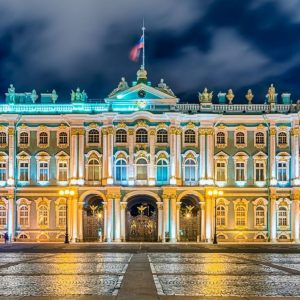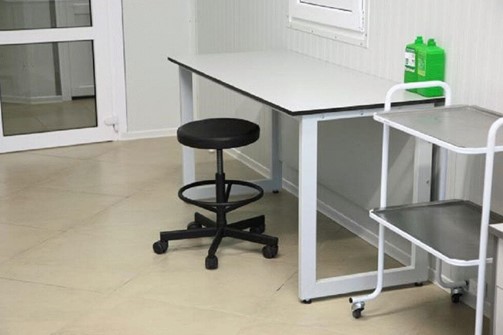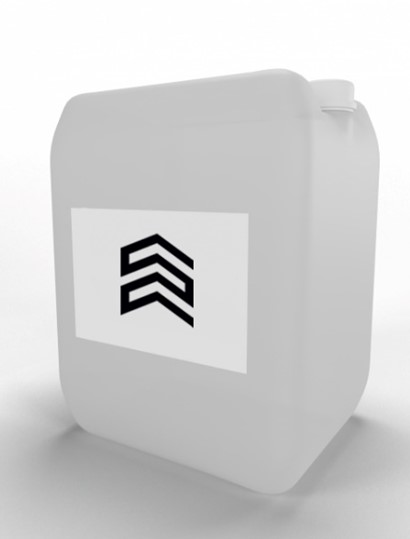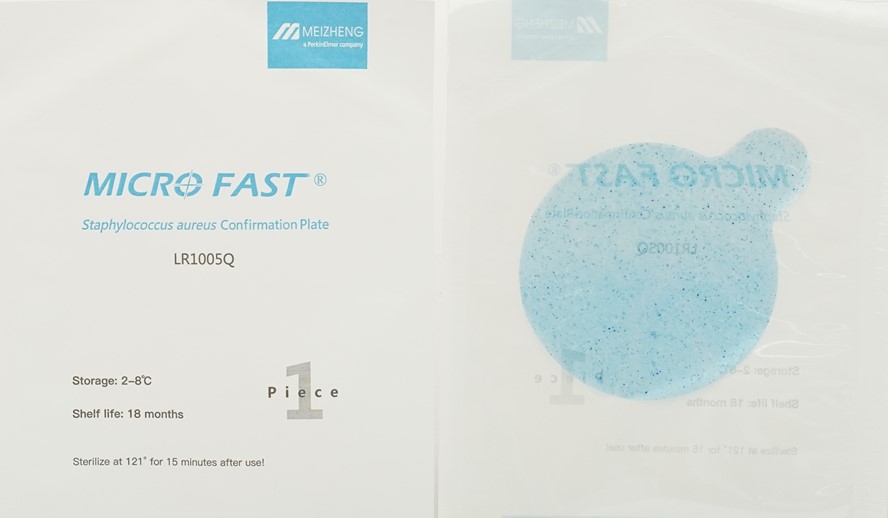How to get revaccinated against coronavirus in Moscow. Instructions
What will be inoculated
For re-vaccination against coronavirus, Muscovites will be able to choose between the Sputnik V vaccine and its one-component version, Sputnik Light. You can re-vaccinate any of them, regardless of which drug was used in the primary vaccination. The procedure will be performed free of charge. You need to take your passport and compulsory HEALTH insurance policy with you (if available).
When should I get revaccinated and with what vaccine? Key Issues Society
Where is re-vaccination carried out?
From July 1, you can revaccinate without an appointment in the Healthy Moscow pavilions, which are located in:
museum-reserve "Tsaritsyno"; landscape park "Mitino"; Izmailovsky Park (metro station "Partizanskaya"); recreation area "Meshcherskoye"; square on Olonetsky passage; park "Khodynskoye Pole"; Sokolniki park; at VDNH.When should I get revaccinated and with what vaccine? Key Issues Society
From July 5, revaccination will begin in 12 Moscow clinics. But pre-registration is required. You can do this online at mos.ru, emias.info or by phone. The procedure will be:
City hospital "Grasshoppers", polyclinic department "Factory named after May 1". City Clinical Hospital named after M. P. Konchalovsky, polyclinic department No. 2. City polyclinic No. 11, branch No. 2. City polyclinic No. 12, branch No. 5. City polyclinic No. 210, branch No. 3. City polyclinic No. 220, branch No. 3 City polyclinic No. 45, branch No. 2. Children's city polyclinic No. 10, branch No. 3. Children's city polyclinic No. 143, branch No. 4. Children's city polyclinic No. 150, branch No. 2. Children's city polyclinic No. 94. Clinical and diagnostic center No. 4.How primary and secondary vaccination works in RUSSIA
More than 20 Russian regions, including Moscow and the Moscow region, have announced mandatory vaccination of certain categories of citizens, most often employees of the catering, services, healthcare, education, transport, officials and others.
There are a number of restrictions for the unvaccinated in different regions. In Moscow, from June 28, you can get into restaurants and cafes only with a QR code (it confirms the presence of a vaccination certificate), such passes were recommended to be introduced in cinemas, theaters and other cultural institutions. A similar system has been put into operation in the Moscow region, and the most stringent requirements related to vaccination certificates are in force in Bashkiria.
At the time of the introduction of these rules in Russia, there were no recommendations on how to re-vaccinate those who had been ill for a long time or were vaccinated against COVID-19 more than six months ago. The Ministry of Health announced the start of re-vaccination only on June 30. At the same time, the department sent recommendations to the regions on vaccination of adults (including repeated). Now in Russia there is an emergency vaccination (according to WHO definition, there is also a routine one). It will be carried out until collective immunity is established in the country (at least 60% of the adult population).
Moscow is the first region where revaccination has started. St. Petersburg is preparing to organize the procedure next week. At the same time, the majority of Russians (80%), according to a SuperJob survey, are ready to re-vaccinate against coronavirus, as advised by the Ministry of Health.
What the Ministry of Health's recommendations say:
it is possible to be vaccinated for the first time or repeatedly with any vaccine registered in Russia; humoral ("antibody") and cellular immunity in those who have recovered from COVID-19 exists for six months and gradually fades by 9-12 months after the illness; re-vaccination can be carried out six months after a person has had a disease or has been vaccinated for the first time; when vaccination becomes routine, you can be vaccinated one year after a person has had COVID-19 or has been vaccinated against coronavirus for the first time; before vaccination, it is not necessary to undergo a test for the presence of antibodies; if undesirable side effects have been observed after the primary vaccination, another vaccine can be selected for a second vaccination if there are no contraindications.



























































